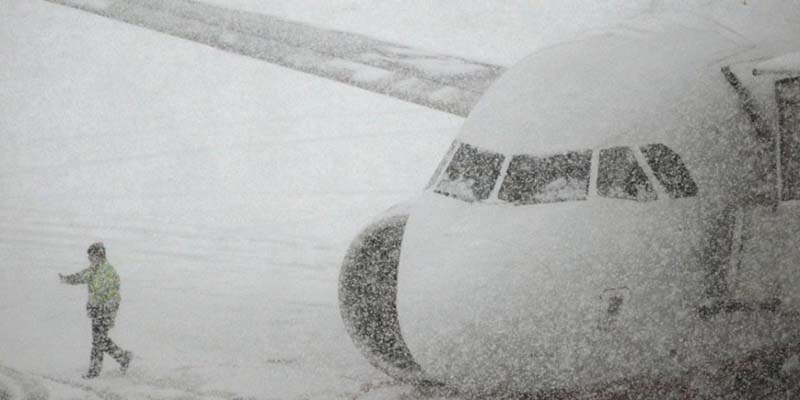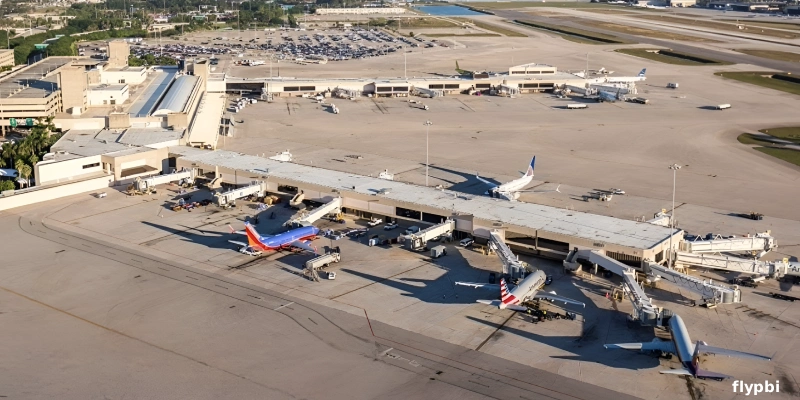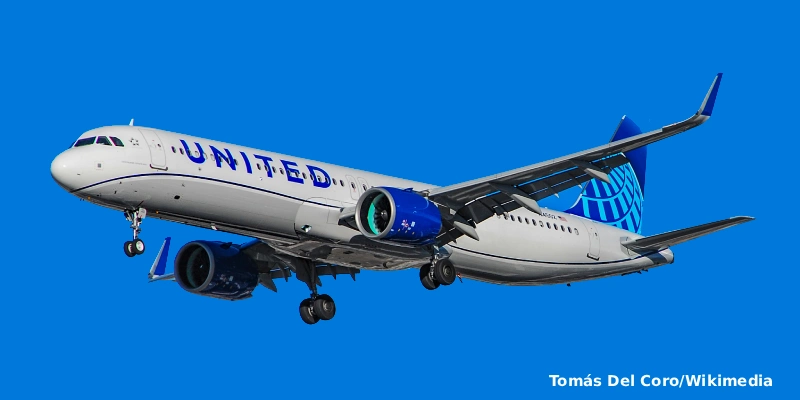Twenty-four years after the crash of an Austral Airlines plane in Uruguay that caused 74 deaths, an Argentine court acquitted on Thursday more than thirty people tried for the tragedy.
In a Zoom hearing, a Buenos Aires court acquitted 33 former executives of the airline and former civilian and Argentine Air Force officials as part of a trial that began in 2019, finding that their involvement in Argentina’s worst commercial aviation catastrophe could not be credited, The Associated Press reported.
→ Dutch prosecutors seek life imprisonment the four accused of downing flight MH17.
The plaintiffs requested that the defendants be sentenced to prison terms of up to 25 years, but the prosecutor Juan Patricio García Elorrio did not press charges and demanded the acquittal of all of them because he considered that the evidence gathered did not have the required degree of consistency to “bring down the principle of innocence”.
The plaintiffs’ lawyers criticized the sentence and the trial, which they considered “a farce”, and announced that they plan to appeal to the Federal Chamber of Criminal Cassation, Argentina’s highest criminal court.
Among those acquitted are former Austral managers and heads of maintenance, planning and technical areas and former members of the then National Airworthiness Directorate. At that time, the airline was under the direction of the Spanish National Institute of Industry.
→ They discover that flight MH370 went into a holding pattern for 22 minutes.
The plane crashed in 1997. It had taken off from the airport of the city of Posadas, in the north of the country, bound for Buenos Aires, but crashed in a rural area near the Uruguayan town of Fray Bentos, causing the death of its passengers and crew.
Prosecutor Juan Patricio García Elorrio considered three months ago in his plea that there was not enough evidence to charge the judges and relied on the conclusions of an expert report carried out in Argentina which considered that the accident was due to errors made by the pilots.
It also dismissed a report by an air accident investigation commission in Uruguay, which determined that one of the causes of the tragedy was the poor condition of the pitot tubes of the McDonnell Douglas DC-9 aircraft, which produced erroneous readings on the speedometers and led the pilots to make unwise decisions in the middle of a storm.
In 2006, the defendants had been prosecuted by other judicial officials for malicious mischief, which implies that the defendant foresees the damage to be caused regardless of the result, and in successive stages the case reached the trial stage.
Related Topics
Winter Storm Paralyzes U.S. East Coast: Over 5,300 Flights Cancelled
Florida Approves Bill to Rename Palm Beach Airport in Honor of Donald Trump
Report Criticizes FAA Oversight of United Airlines’ Maintenance Practices
Spirit Airlines Under Pressure: Between Chapter 11 and Systemic Operational Failures

Plataforma Informativa de Aviación Comercial con 13 años de trayectoria.




